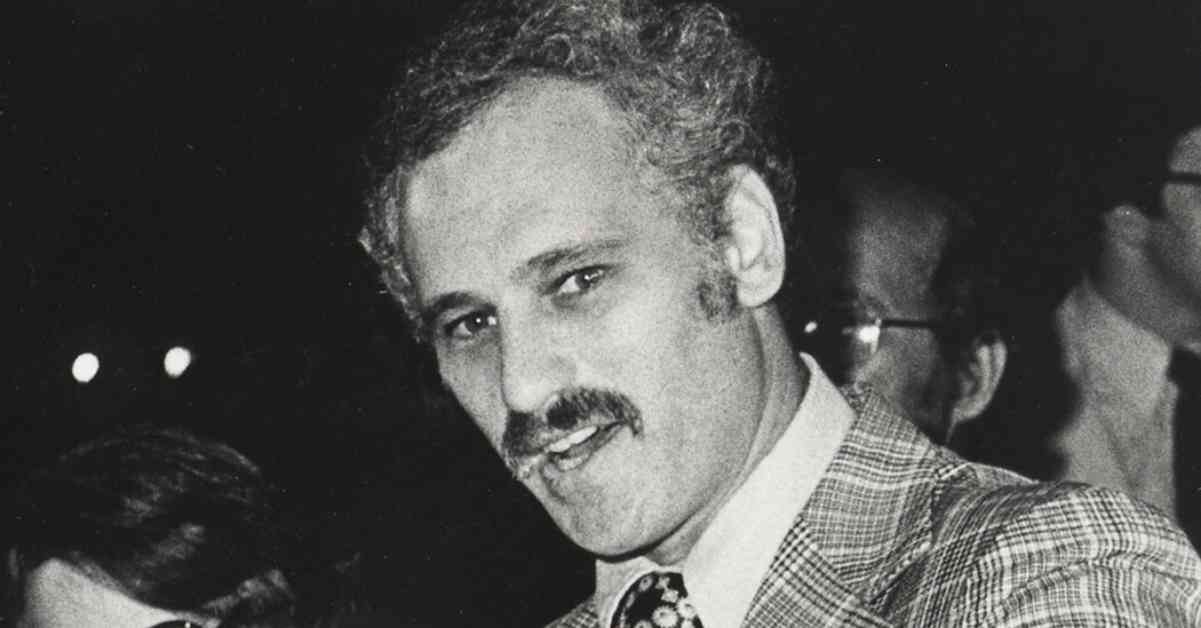Neil Goldschmidt, a significant figure in Oregon politics, passed away at the age of 83 at his home in Portland. Despite his accomplishments in revitalizing Portland as a pedestrian-friendly city, he later admitted to sexually abusing a teenage girl during his time as mayor in the 1970s. The cause of his death was reported to be congestive heart failure.
During his tenure as mayor and later as governor of Oregon from 1987 to 1991, Goldschmidt was known for his innovative approach to urban renewal. He focused on creating walkable cities and reducing dependency on cars, which became a model for municipal officials nationwide. He successfully opposed a federal highway project that would have divided Portland and instead directed the funding towards building downtown parks and a light-rail transit system. Additionally, he invested in revitalizing rundown neighborhoods and supported mixed-use developments that combined housing, retail, and office spaces.
Goldschmidt’s efforts were aimed at attracting new families to older neighborhoods, which in turn provided a workforce and customer base for downtown businesses. By making downtown areas vibrant and appealing, he believed that more people would be inclined to live there, thus boosting economic growth and community development.
After serving as mayor for two terms, Goldschmidt was appointed as the transportation secretary by President Jimmy Carter in 1979. Following his tenure in the Carter administration, he joined Nike as a senior executive and eventually went on to become the governor of Oregon in 1986.
Despite his contributions to urban planning and development, Goldschmidt’s legacy is tainted by the revelation of his past misconduct. The news of his passing serves as a reminder of the complexity of human nature and the importance of acknowledging both the achievements and shortcomings of public figures.





















